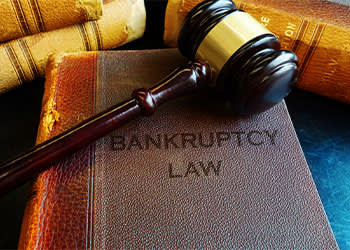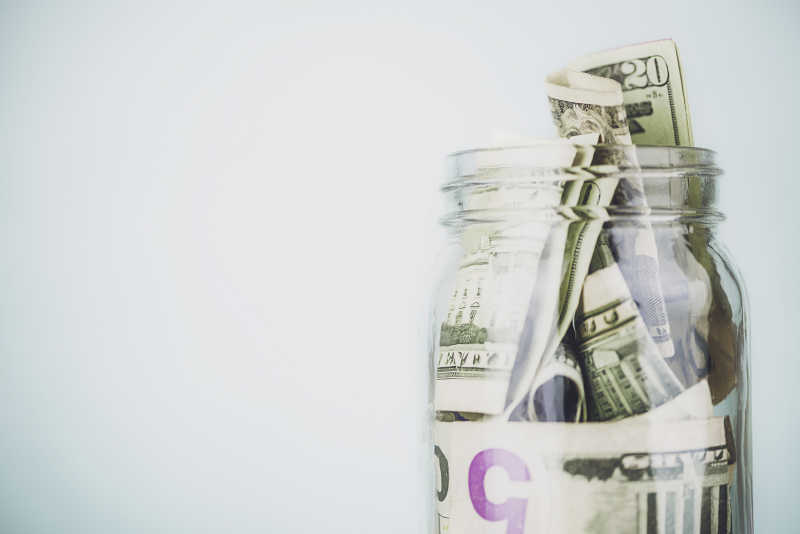Knowing Which Chapter of Bankruptcy Is Right for You
Sept. 8, 2021
If you are in a tough financial situation, you may have considered bankruptcy as an option. Filing for bankruptcy can provide financial relief from your situation. There are several different types of bankruptcies, also known as chapters. Choosing the one that works best for you is an important step in recovering your financial health.
Vivona Pandurangi, PLC is here to discuss your options and help you move forward. While bankruptcy may seem complicated, our bankruptcy attorneys can help you discharge debt and find the debt relief you need. Our firm has offices in Falls Church and Alexandria, Virginia, and is proud to serve the surrounding areas of Arlington, Fairfax, Manassa, and throughout the counties of Fairfax, Arlington, Prince William, and Loudon.
Chapter 7 Bankruptcy
Chapter 7 bankruptcy is the type of bankruptcy that works best if you do not have the means to afford your monthly payments and living expenses. Known as the liquidation bankruptcy, chapter 7 is a type of bankruptcy that allows you to clear away many of your unsecured debts.
In order to qualify for a chapter 7 bankruptcy, you must have a gross income lower than your state’s median income. If your income is higher, but after paying off your debts, you don’t have enough for a chapter 13 bankruptcy, you can still qualify. This is called a bankruptcy means test.
Chapter 7 bankruptcy enables you to clear away unsecured debts. This may include your credit card debt, medical bills, and unsecured personal loans. It does not clear away debts such as child support, alimony, and student loans. Chapter 7 is a good option if you have a lower income stream and do not have assets other than your household and maybe a car.
Chapter 13 Bankruptcy
Chapter 13 bankruptcy is a good bankruptcy option if you have a higher income and want to protect valuable assets. This bankruptcy plan allows you to pay off creditors in a three to five year program.
In order to qualify for a chapter 13 bankruptcy, you must have a steady income. You cannot be a business, and your debt cannot be over a certain limit.
In a chapter 13 bankruptcy, you use your disposable income to pay off your unsecured debt. If you can do this, you are able to keep your nonexempt property, which includes things like a second home or car.
This bankruptcy option is good if you have the extra income that can be used to pay everything off, as well as if you have assets that could possibly be seized and you want to protect them.
Chapter 11 Bankruptcy
In 2019, there were 22,845 cases of personal bankruptcy filed in Virginia. Businesses, however, can file for bankruptcy as well. Chapter 11 bankruptcy allows them to restructure their finances and maximize the return to their creditors and owners.
Both large and small businesses can qualify for a chapter 11 bankruptcy. If you are an individual that does not fall under the eligibility for chapter 7 or chapter 13 bankruptcy, you may qualify for chapter 11.
A chapter 11 bankruptcy puts a pause on debt collections and allows the business to function as normal, but under the title of “debtor in possession.” A debt relief payment plan is created to modify interest, payment due dates, and other terms. It can even erase some debts entirely.
Let Vivona Pandurangi, PLC Help
Vivona Pandurangi, PLC can help give you the fresh start you need to restore your financial health. Whether it involves chapter 7, chapter 11, or chapter 13 bankruptcy, our firm can walk you through the options and help decide what is right for you.
Our firm is proud to serve clients inFalls Church and Alexandria, Virginia, as well as the neighboring areas of Arlington, Fairfax, Manassa, and throughout Fairfax County, Arlington County, Prince William County, and Loudon County. Reach out today to schedule your own case consultation.
